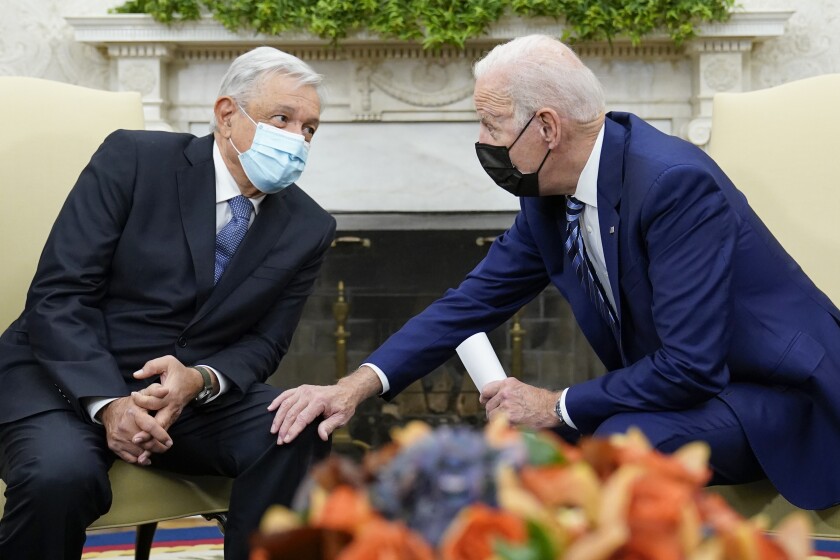The awkward guests: Parsing the Summit for Democracy invitation list
Only with functioning democratic systems that deliver on the basic needs and promise of human dignity at the national level can we hope to build a structure for collective action
Nonresident Senior Fellow, Brookings Institution
Summary: President Joe Biden has set the table for the world’s first-ever summit devoted to building both national and international political will for democratic renewal. Given backsliding in democratic governance, human rights, and rule of law around the world, and the rising threat posed by authoritarian leaders in China and Russia, the timing is propitious, if not overdue.
But like any good dinner party, who gets invited usually determines the quality of the evening and the mood for future such gatherings. In the case of the Summit for Democracy, if the heads of state and government of some 112 countries (including the United States) bring to the meal some honest recognition of their shortcomings (humble pie), along with concrete pledges for reform and cooperation (the main course), the convening would have been worth the effort.
Foreign policy visionaries have long held loftier ambitions of a grand alliance of democracies that would rebalance the international order to favor liberal democratic governance over autocracy. The more urgent task, however — and indispensable to such a project — is building healthy and strong democracies characterized by accountable and open governance, respect for fundamental rights in law and practice, and impartial and accessible dispute resolution mechanisms — in short, the rule of law rather than the rule of a single party or strongman. Only with functioning democratic systems that deliver on the basic needs and promise of human dignity at the national level can we hope to build a structure for collective action by like-minded actors on the global stage, and offer the world a compelling alternative to China’s authoritarian model.
Región: América Latina





Déjanos tu comentario